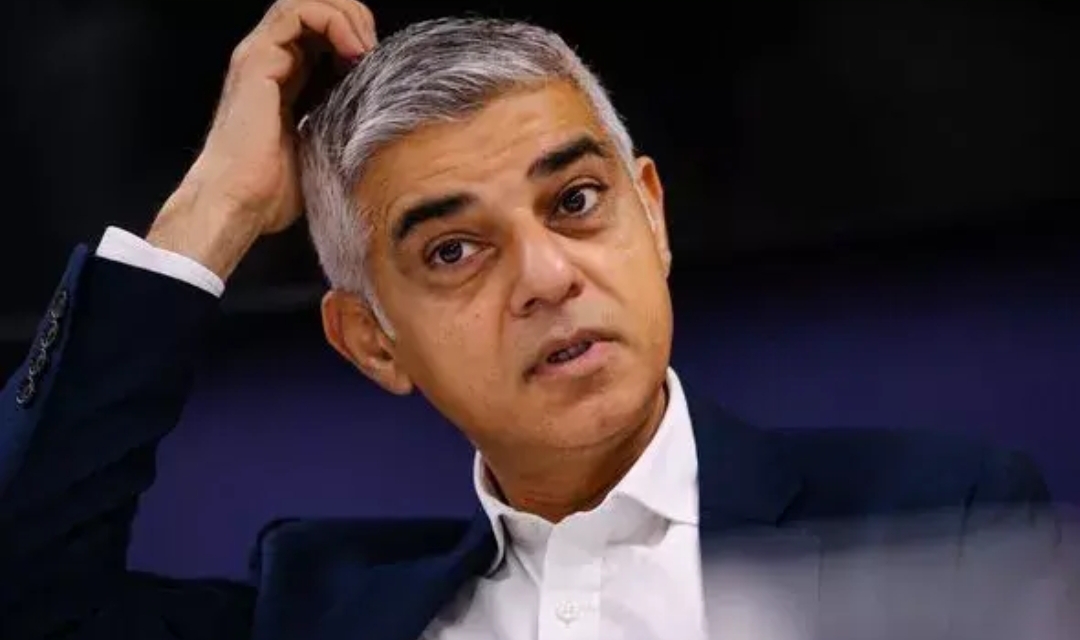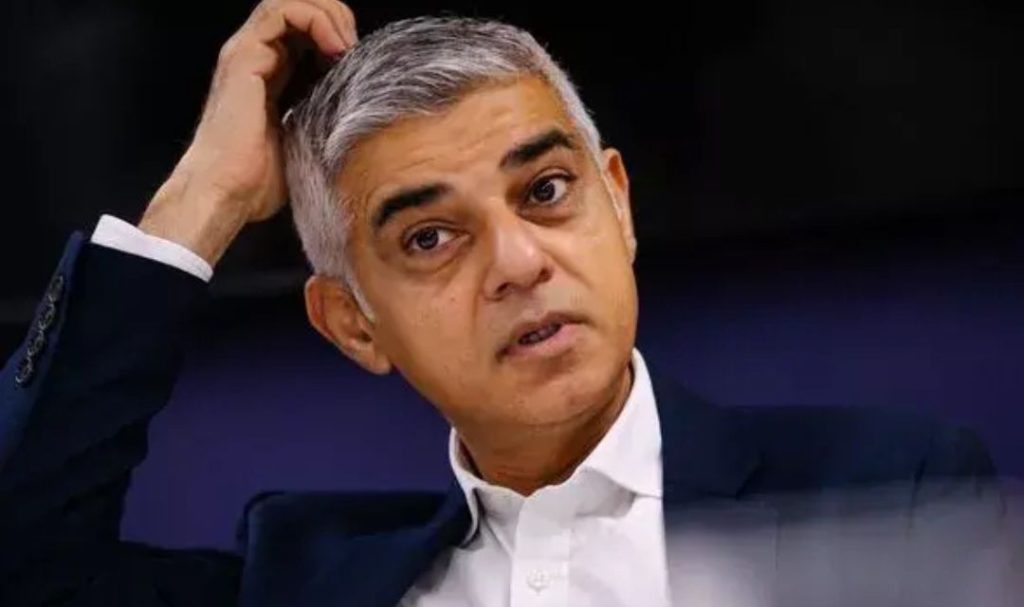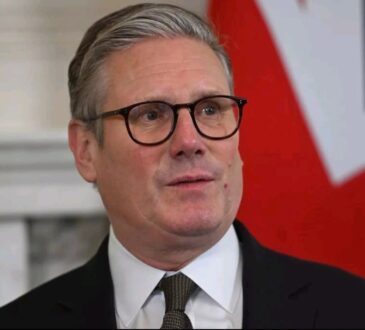Sadiq Khan’s Brexit Betrayal: How He Wants to Rejoin the EU After Costing the UK £140 Billion

London Mayor Sadiq Khan provoked a fierce backlash this week after claiming Brexit has cost the UK economy £140 billion so far. Khan cited research by Cambridge Econometrics, commissioned by his office, comparing the actual performance of Britain’s economy since 2016’s EU referendum to an estimate of how it would have performed had the UK remained in the bloc.

The report concludes Brexit reduced economic growth by 0.4 percentage points annually, leading to 3 million fewer jobs nationwide and one-third less investment. Specifically for London, Khan warns Brexit already erased £30 billion of growth from the capital’s economy while costing 290,000 jobs.
However, Khan’s dramatic warnings were met with derision from leading Brexit supporters. Ben Habib, deputy leader of Reform UK, dismissed the claims as “straight out of fantasyland.”
According to Express, Habib argues there is no evidence backing up Khan’s “catastrophic assessments” of Brexit’s impact. He points out Khan has failed to stem violent crime in London, which should be a greater priority than rehashing Brexit debates.
Critics argue Khan is exaggerating Brexit’s damage to justify strengthening ties with EU mechanisms like the single market. His political opponents say he should address pressing issues like crime rather than stoking divides over Brexit.
There are also doubts over the objectivity of the Cambridge Econometrics research given Khan commissioned it himself. Some suggest the findings support his anti-Brexit narrative rather than offering independent analysis.
While some economists believe Brexit will restrain growth long-term, the precise GDP impacts projected years into the future are seen as speculative by experts. Disentangling Brexit from other factors like COVID and the Ukraine war is also extremely complex.
With May’s London mayoral election approaching, Khan is expected to ramp up his warnings about Brexit’s economic fallout. However, reigniting bitter arguments over Britain’s EU exit may not help shift public opinion behind rejoining bloc mechanisms.
Since the United Kingdom has forged a new trading relationship with Europe, the current government appears reluctant to endorse any significant shifts in its Brexit policy direction.
However, with Khan raising concerns, the repercussions of Brexit seem destined to stay at the forefront of British politics for the foreseeable future.
His vocal stance keeps the spotlight on the ongoing effects of Brexit, ensuring that it remains a critical and contentious issue in the nation’s discourse, influencing political strategies and public opinion as Britain navigates its post-Brexit landscape.




